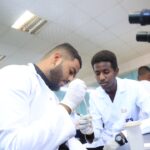
About the Department
Welcome to the Department of Pathology at NU- Sudan
The Department of Pathology is concerned with teaching pathology as the backboneof clinical practice. Pathology is an essential science for other colleges including: Dental, Pharmacy, MLS. and Nursing programs. Teaching pathology offers theoretical lectures and practical work, including microscopic examination of pathological specimens to be able to differentiate between the morphology of normal tissues and cells and the diseased ones.
The Pathology syllabus has three parts: The First part taught in the third year, is general pathology including an introduction to general microbiology and the infectious diseases that are a major source of morbidity and mortality. The Second and third parts are Clinical Systemic Pathology I &II, taught in continuity in the fourth year. These are concerned with understanding and correlating the pathophysiology, clinical manifestations, laboratory findings and the proper use of investigations to diagnose common disorders in different organs and systems.
Department staff
LINK (Staff Pages)
Resources
The department utilizes the resources of the pathology museum, digital library and the equipment provided in the pathology lab.

